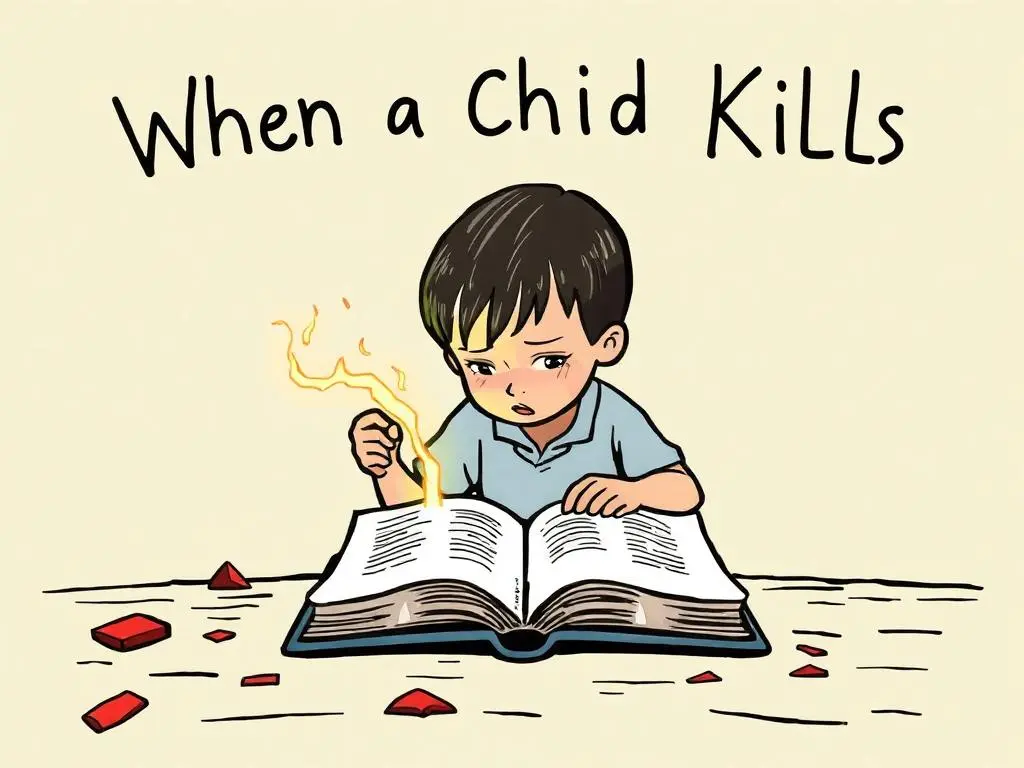Murder and White Privilege on a Family Holiday in the Caribbean

In 1995, on a nameless Caribbean island, an American family is on holiday. The Thomases are no better or worse than any of the other upper-middle-class white tourists who are also vacationing in sultry Indigo Bay, with its “everywhere weeping pink blooms and … brazen teal water.” But the night before they are supposed to go home, the older of the couple’s two daughters, 18-year-old Alison, is nowhere to be found. Within a couple of days, her body is found dead in a nearby cay.
I started reading “Saint X,” the debut novel by Alexis Schaitkin, believing I was about to get yet another tale of a beautiful young woman and her mysterious death. And I was in no way averse to that; there’s something mesmerizing about taking apart a person’s last days, about being presented with an ideal, and then figuring out the truth of who the victim really was. And the book begins by offering what most novels of this kind offer — a fetching, charismatic, somewhat volatile heroine. One who is pure enough that you feel the enormity of her loss, but slick enough to be interesting. We witness everything through the eyes of Claire, Alison’s younger sister and our protagonist, who, looking back on the episode in adulthood, recognizes this duality: “My sister was an innocent, blameless in her horrific fate. And it was all her fault.”
Claire, who was 7 when the tragedy occurred, becomes obsessed with understanding not just what happened to Alison, but who she was. But around 70 pages in, the details of this family drama start to take a back seat to the larger story Schaitkin is really trying to tell (and this is where “Saint X” flowers): about a single death that affects an entire community.
Any death of course creates aftershocks among those closest to the deceased, but we rarely spare a thought for those on the fringes. Schaitkin does, demonstrating in no more than a few pages each how Alison’s passing affects her various satellites: her teacher, roommate, a random man on holiday, an actor, the girlfriend of the suspect and so on. The connections are faint, the domino effect crystal clear.
All these sub-narratives dedicated to minor and major characters, chapters that do little to move the plot along, could easily have resulted in a novel that buckled under the weight of its structural ambitions, but Schaitkin pulls it off without a hitch.
Eighteen years later, Claire and Clive Richardson, one of the two black resort employees accused of Alison’s murder, meet again by chance. Claire, who has changed her name to Emily, mourns the sister she loved unconditionally but never really knew. The age gap between them meant they were always in different phases of life; she was not a keeper of her sister’s secrets, neither a best friend nor a frenemy. She was simply the little sister, awkward but cherished. Now confronted with the traumatic past in the present, Claire feels her long-subdued grief rising to the surface, and so she strikes up an uneasy friendship with Clive in an effort to solve the puzzle. It sends her on a downward spiral that is hard to look away from.
Claire is as obsessed as Alison was with class status, and her white privilege. Both try to downplay the advantages they have, but in attempting to deny their good fortune they only further entrench themselves in their upper-class reality. “Being embarrassed only makes it worse,” a 16-year-old Alison writes in her diary after her dad gives her an expensive car. “But then — I feel like there’s this really slippery slope between being glad you have something and thinking you deserve it.”
As with their classism, the sisters also somehow manage to be at once aware and unaware of their latent racism. “I was rather impressed with myself for living in a building where I was one of the only white tenants,” Claire thinks. “What a sharp little pride I felt, riding the 2 home from work and watching the other passengers empty out, and what a sweet triumph it was on those nights when I outlasted them all.” Their “triumphs” present as even more evidence of a type of subconscious bias.
Though their deliberate and constant introspection is admirable, their crude performances of wokeness are less so — insincere at best, and offensive at worst. The black characters play along, their thinly veiled disgust and outrage simmering below the surface.
“Saint X” is hypnotic, delivering acute social commentary on everything from class and race to familial bonds and community, and yet its weblike nature never confuses, or fails to captivate. Schaitkin’s characters have views you may not always agree with, but their voices are so intelligent and distinctive it feels not just easy, but necessary, to follow them. I devoured “Saint X” in a day.
Perhaps intentionally, the narrative deflates a little at the end. But perhaps this was bound to happen; after spending over 300 pages trying to understand what happened on the island that night, could the reader be satisfied by any ending? Could the bereaved? “The truth! The truth!” Claire says. “Good, fine, but for what? With the truth we will do what, become what?”




